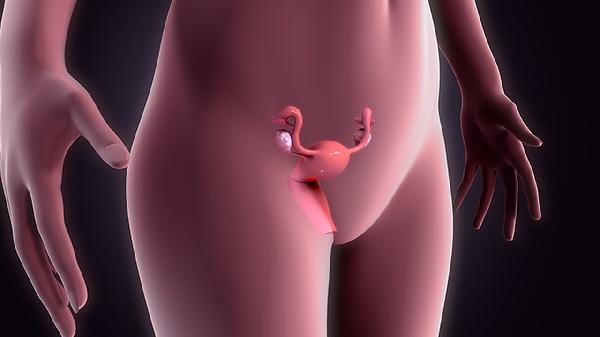Polycystic ovary syndrome (PCOS) is an endocrine and metabolic disorder. The exact cause of PCOS is still unclear. Ultrasound examination shows polycystic changes in the ovaries, and patients often experience menstrual irregularities, hyperandrogenism, or insulin resistance. The endocrine and metabolic disturbances lead to infrequent menstruation, irregular menstrual cycles, progressive amenorrhea, and anovulatory cycles. Under conditions of high androgen levels, patients may also exhibit symptoms such as hirsutism, acne, moon face, and buffalo hump. PCOS is one of the common causes of female infertility. So, how should PCOS patients prepare for pregnancy?

The treatment of PCOS primarily begins with lifestyle management. It is crucial to control weight, avoid obesity, maintain a balanced diet, and ensure nutritional adequacy. Establishing a moderate exercise and fitness plan is essential—move more and eat wisely. Secondly, medical treatment should be undertaken under the guidance of a gynecologist. Tests such as the six sex hormones and gynecological ultrasound are necessary. If androgen levels are high, medications like Diane-35 or other short-term contraceptives are commonly used to lower androgen levels. For patients with insulin resistance, insulin-sensitizing drugs like metformin are required. Since PCOS patients often have abnormal ovulation, ovulation-inducing drugs such as clomiphene, letrozole, or recombinant gonadotropins are also needed. These should be used scientifically under the guidance of a professional gynecologist to avoid ovarian hyperstimulation. If medication treatment for PCOS shows no significant improvement after six months, surgical treatment may be considered. Laparoscopic ovarian drilling or laser treatment can be performed, followed by ovulation-inducing drugs, with an ovulation rate of 80% to 90% and a pregnancy rate of 60% to 70%.
























